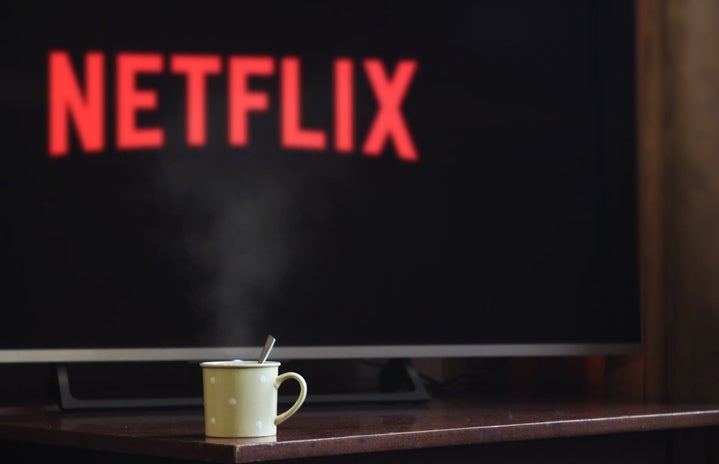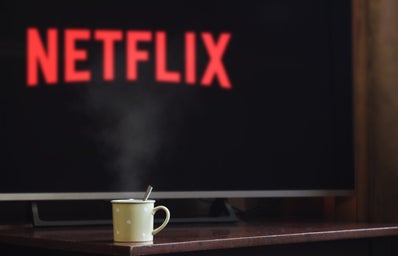When I first heard about “The Big Day”, a Netflix show about Indian weddings, I was ecstatic. I’ve been planning my own wedding since I was a kid, and I always wished there was a show about how amazing Indian weddings can be. I thought that perhaps this would be an answer to “Indian Matchmaking,” another Netflix show about the archaic methods of arranged marriage in India which got tremendous backlash. However, I was disappointed once again.
I could barely get myself to finish the show because of just how materialistic it was, and had little to no diversity. The show centers around these rich (and conveniently light-skinned couples, which is a whole other issue in itself) that walk us through what it’s like planning their “big, fat Indian wedding.” There’s nothing wrong with showing a couple or two that are well off financially and are able to organize this incredible wedding. However, seeing that each episode shows the same demographic is quite concerning. India is a melting pot of so many diverse people. They have people of varied economic status, castes, religions, etc.
The makers had the opportunity to tackle so many relevant issues via this series. They could’ve done something about body shaming since many Indian women are body shamed at their own weddings. They could’ve done an episode on forced marriages (6% of all marriages in the country), as that is still an unfortunate reality. Another important and relevant topic is mixed-caste/ mixed-religion couples as they face incredible struggles to get married. There are so many routes the show could have taken to show that behind the glamour and glitter, there are some serious issues hidden.
Related: Deepika Padukone Brings Attention the Indian Mental Health Stigma | Her Campus
To give credit where it’s due, the inclusion of a gay couple in the show was exciting to see. The LGBTQ+ community is far from achieving the rights they deserve in India, but the country is taking small steps. Showing the process of them getting married was a great way to show inclusion. Another episode was about “Type A” brides that attempted to show how women are now taking control of their weddings. They speak about finding priests that see the wife and husband as equals, they speak about regressive ceremonies, etc. However, it does hide under the veil of privilege. I’m sure a lot of Indian women want to take control of their weddings, however, they’re not always allowed to. The women they showed were highly educated with supportive parents. While I’m sure they’ve worked hard, not everyone is able to get those privileges in India, making it not truly representative of the country.
Related: The Mothers of our Melting Pot | Her Campus
Another aspect that bothered me was how much money was being spent on these weddings. It is understandable that, as a Netflix show, they have to make things look visually appealing. However, the perception that most Indian weddings are extravagant is not accurate. They’re showing the richest of the rich, and not what the majority of India experiences. Indian parents are under incredible pressure when it comes to their children’s marriage because it is a “status representation” Many put their homes for sale, they sell their jewelry, they take out massive loans. It’s a massive financial burden for so many people. Showing how nonchalantly weddings are being paid for is the reality of most Indian citizens.
Overall, I like the effort, but really wished they pushed the envelope with this series. They could’ve been trailblazers and spoken about the unspoken. Instead, they took the easier way out.



